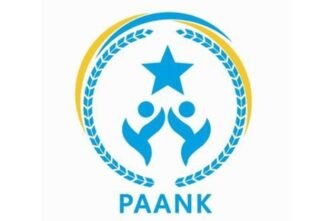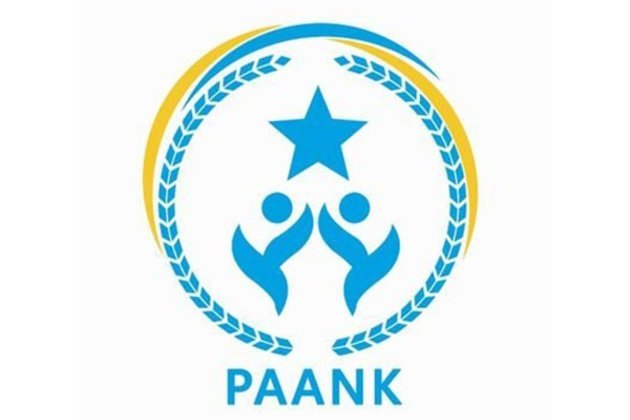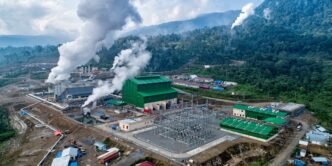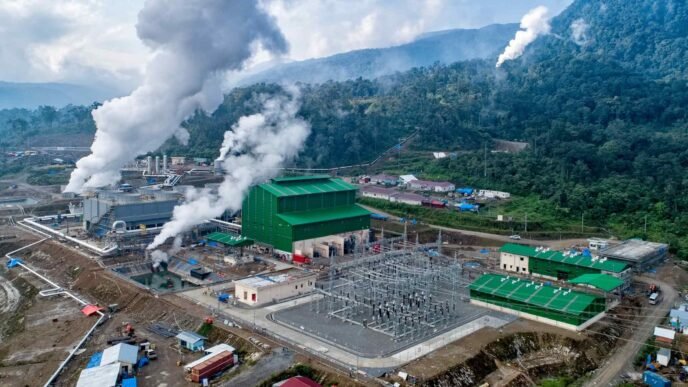Balochistan [Pakistan], December 26 (ANI): Paank, human rights wing of the extrajudicial killings, has released its November report of enforced disappearances and extrajudicial killings. The report revealed that Pakistan armed forces were responsible for detaining and executing scores of Baloch civilians, particularly targeting youth and activists.
The district of Kech saw the highest number of enforced disappearances, with 31 cases reported, followed by Gwadar with 11, according to Paank report. Other districts like Dera Bugti, Lasbela, and Awaran also recorded significant numbers, alongside urban centers such as Karachi. The widespread reach of these violations underscores the systematic nature of the state’s crackdown on the Baloch population.
In total, 98 cases of enforced disappearances and illegal detentions were documented across Balochistan and Karachi. This alarming statistic reflects the escalating repression faced by Baloch civilians, including students, fishermen, and displaced persons. Many of the victims were young, with the state’s ongoing efforts to suppress dissent and stifle the future of Baloch youth being a focal point of these abductions.
The report also highlighted a series of extrajudicial killings carried out by the Pakistani milit and its affiliates. On November 6, three individuals Muhammad Nawaz, Ghulam Buzdar, and Jafar Marri were killed by Pakistani forces in the Musakhel area after being forcibly disappeared. On November 8, Bahar Jan and Abdul Khaliq were killed in Khuzdar.
Later in the month, on November 23, two more victims, Bashir Ahmed and Abdul Ghaffar Baloch, were found dead in Awaran and Jiwani, respectively, the report said.
Among the most disturbing cases was that of Israr Baloch, a 16-year-old forcibly disappeared after being injured in an explosion. His body was returned to his family on November 26, a tragic example of the widespread “kill-and-dump” policy enacted by Pakistani forces to avoid legal consequences for extrajudicial executions.
The pattern of enforced disappearances and subsequent extrajudicial killings reflects a broader strategy by the Pakistani state to intimidate the civilian population and crush the Baloch National Liberation Movement.
This strategy is supported by criminal collaborators who form death squads, carrying out violent acts under the milit’s protection in exchange for immunity from prosecution, according to the Paank report. These squads operate to uphold the Pakistan Army’s political, milit, and economic interests and are often given rewards like immunity from criminal charges, including theft, robbery, drug trafficking, and extortion.
The discovery of a mutilated, unidentified body in Kech on November 29 further illustrates the brutal tactics employed by the state. Torture remains a common tool used during illegal detentions, with 34 individuals reported as victims of torture in November.
The recurrence of unidentified bodies, often showing signs of severe abuse, points to a deliberate attempt to obscure the truth and avoid accountability. The geographical scope of the human rights violations is also striking.
While Balochistan remains the epicenter of these abuses, cases were also reported in Karachi and Dera Ghazi Khan, regions outside the traditional conflict zones. This reflects the expanding reach of state violence against the Baloch people, including civilians, minors, and displaced persons who have fled conflict zones.
The report’s findings underscore the urgent need for international intervention and accountability for those responsible for these heinous acts. The systematic nature of these violations calls for immediate international human rights monitoring, legal action, and a concerted push for justice for the victims. The ongoing repression in Balochistan demands global attention to halt the atrocities and hold the perpetrators accountable. (ANI)













